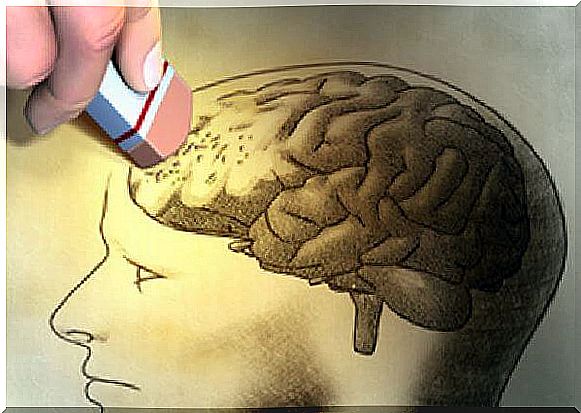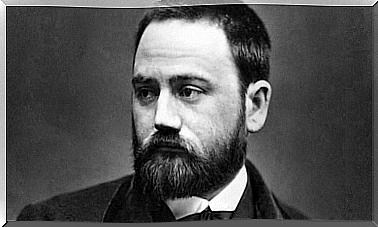How Does Sport Influence Our Brain?

Sport is beneficial for our health, it helps us to be fit, protect us from many diseases, improve our immune system, etc. In this way, sport is one of our best allies to lead a healthy life and for our body to function better.
The brain is one of the great beneficiaries of sport. To reach this conclusion, numerous investigations have been carried out that have supported this hypothesis. In addition, these investigations have been completed with others whose objective was none other than to specify this relationship in more detail.
Thus, below I will list some of the studies that found in their results the positive influence of exercise on different cognitive processes.
1. Regular aerobic exercise to improve attention
A group of researchers from the University of Granada, led by Luque-Casado, compared two groups of young adults: one with a high level of physical condition and the other with a sedentary lifestyle, during the performance of a cognitive task of psychomotor surveillance of 60 minutes.
Electrophysiological activity was recorded in the participants and it was observed that those with a high level of physical condition maintained a greater amplitude in the P3 potential, which is associated with the ability to focus attention efficiently throughout the task, in comparison with sedentary participants.
Attention is a high-level cognitive function and is related to all cognitive processes. The findings suggest that the subjects who practice exercise have a more efficient bidirectional functioning between the central nervous system and the autonomic nervous system, that is, between the brain and the heart.
2. To regain cognitive function after stroke
A systematic review published in the Journal of Neurology studied the relationship between physical exercise and the recovery of cognitive functions damaged by stroke. Strength / endurance training would further improve overall cognitive function.
Therefore, physical activity constitutes a promising therapy for the recovery of people who have suffered a stroke not only in motor function, as expected, but the benefits can be extended to the cognitive level.
3. As a preventive tool against dementia

Franco-Martínez, carried out another systematic review focused on knowing the influence that physical activity exerts on the cognitive function of elderly subjects, both healthy and with cognitive impairment, these studies indicated that a higher index of physical activity would be related to a lower deterioration in both groups.
Physical exercise is a promising psychosocial strategy for the intervention of older adults with and without signs of cognitive impairment. Supporting these results, it was published in the scientific journal BMC Psychiatry, that maintaining an active life can be a protective factor for cognitive deterioration and in some cases with better results than a specific intervention.
This finding suggests that having an active lifestyle may differ from training interventions in dosage and variety of activities, as well as intrinsic motivation and enjoyment during their performance.
4. Migraines and tension headaches can be fought with sports
A study published in the Revista de Neurología by Gil-Martínez carried out a systematic review of all those studies focused on combating migraines and headaches by increasing physical activity. They concluded that therapeutic exercise reduces the intensity and frequency of pain compared to the previous situation.
The qualitative analysis shows strong evidence about the absence of adverse events after the application of therapeutic exercise, this lack of side effects may have advantages over the use of some drugs.
In addition, the effectiveness of physiotherapy treatment, including therapeutic exercise, was demonstrated to decrease the intensity, frequency and duration of pain in tension headaches.
5. Helps us memorize better
At the Donders Institute of the Radboud University Medical Center in the Netherlands, a study was carried out with the aim of knowing the effect of practicing sports after memorizing certain information. For this, 72 subjects participated who studied the position of 90 drawings for 40 minutes, and then assigned each of the participants to one of three groups.
In the first, the subjects exercised just after finishing the memory task, the second group 4 hours later, and the third did not do any physical activity. 48 hours later, the subjects took a test again to see what they remembered about the memory task while undergoing an MRI.
The results indicated that the subjects of the group that had exercised after 4 hours of memorizing the task, retained the information better than the other two groups. The MRIs also showed more accurate representations in the hippocampus, a brain area related to learning and memory, each time the subject responded correctly.









